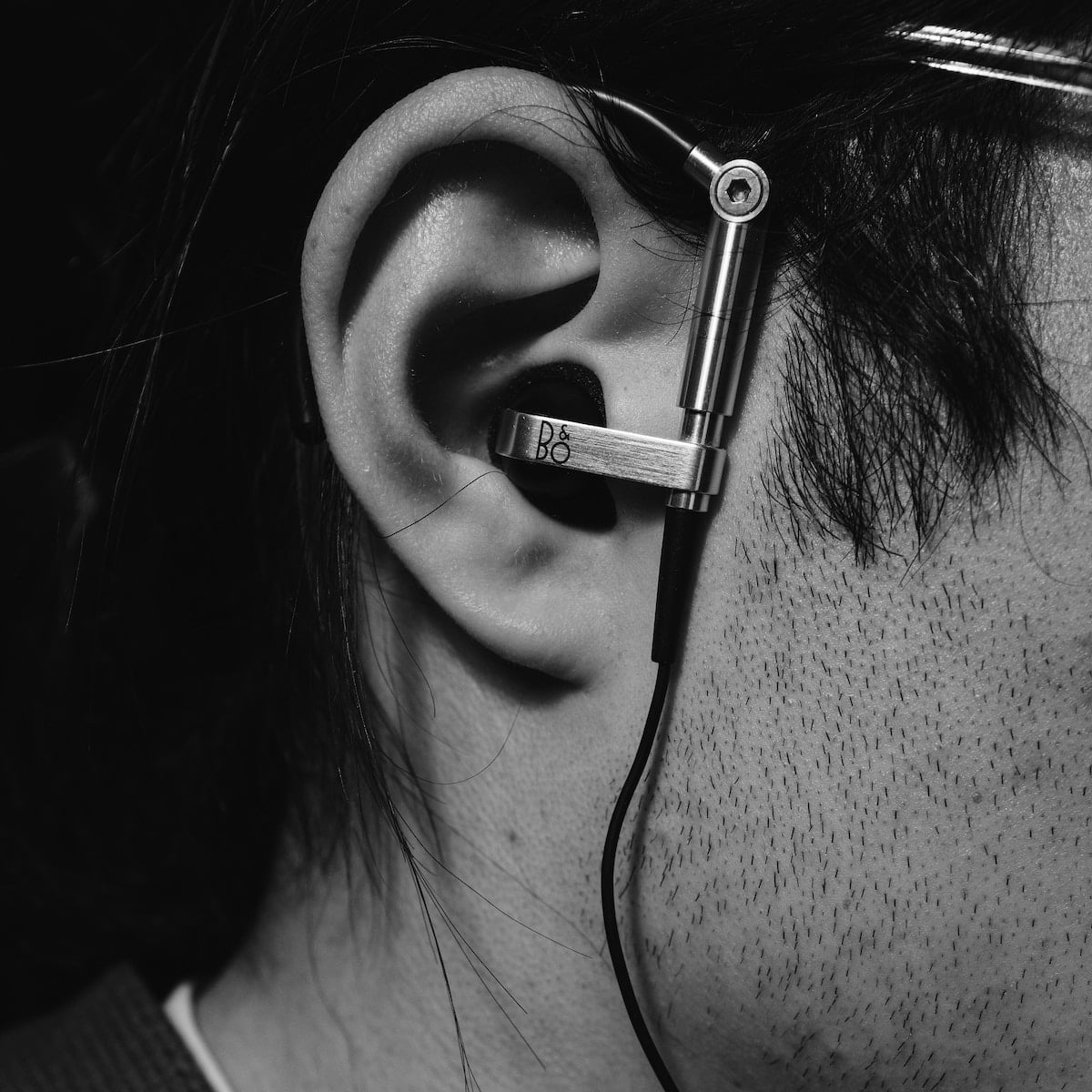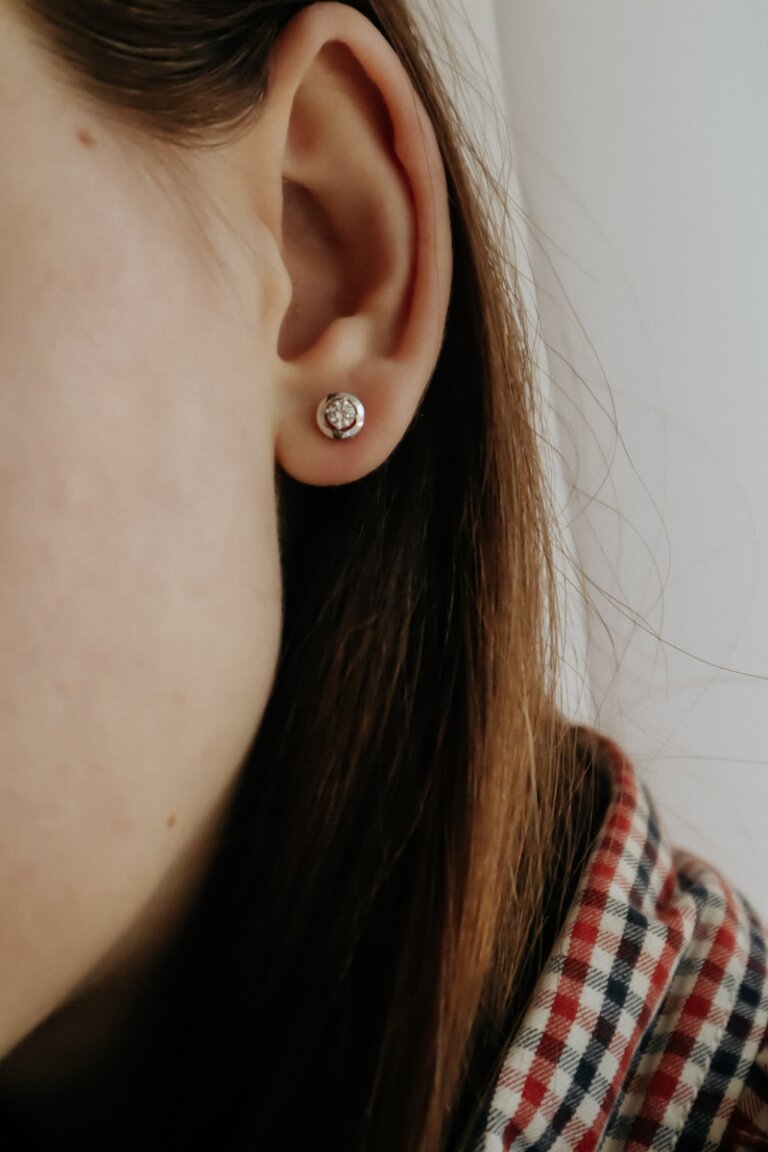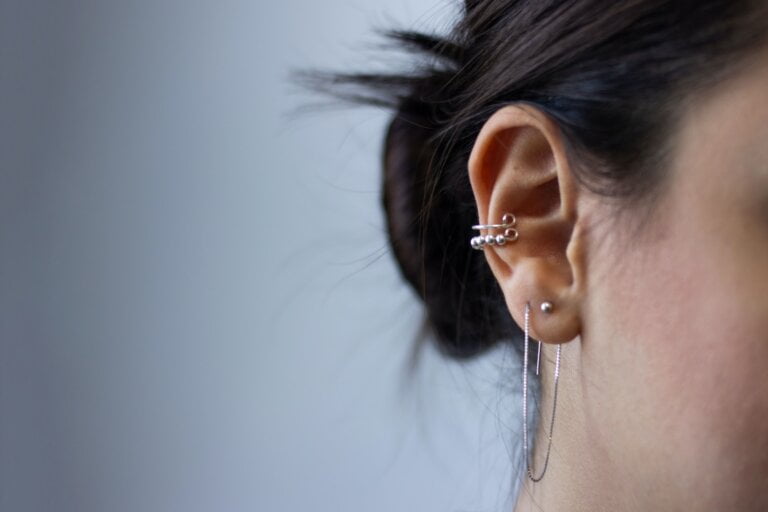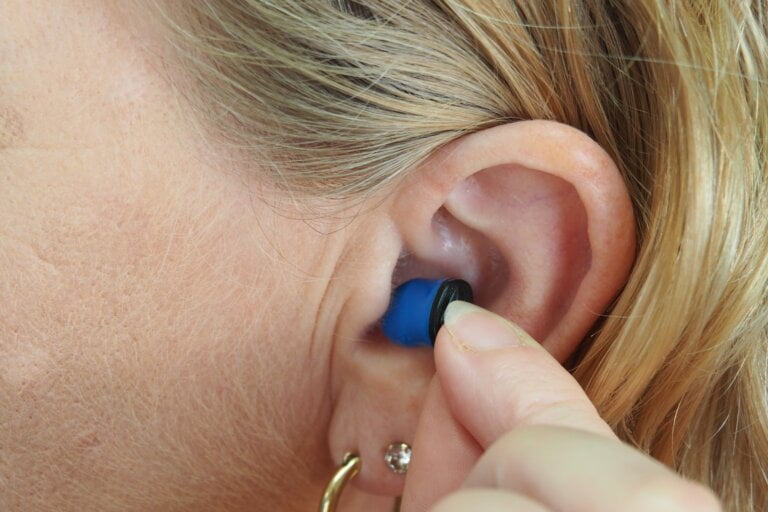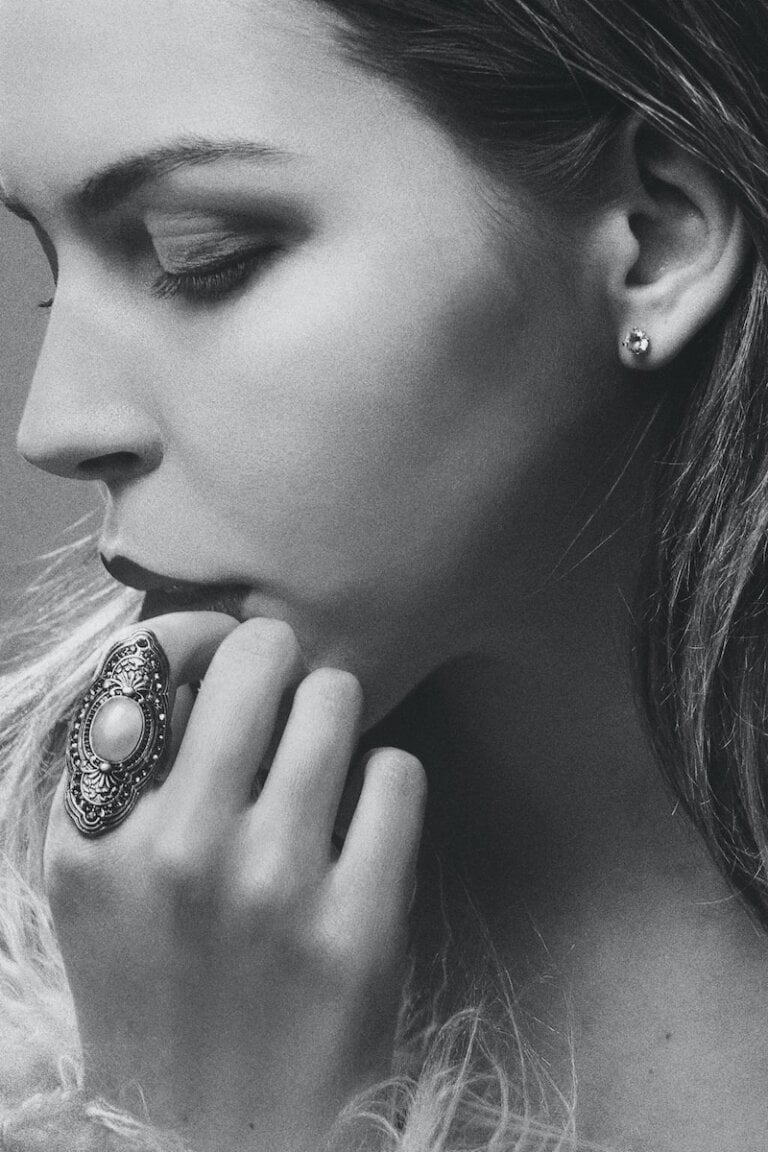Long-Term Aftercare Practices for Sustained Ear Wellness After Microsuction
Last Updated on 25th April 2024 by Admin
Taking care of your ears is crucial for maintaining good ear health and preventing potential complications. After undergoing a microsuction procedure, it becomes even more important to follow proper long-term aftercare practices to ensure sustained ear wellness. In this article, we will discuss valuable tips and recommendations to help you maintain the health of your ears post-microsuction.
Understanding Microsuction
Microsuction is a safe and effective procedure used to remove excess ear wax and debris from the ear canal. It involves the use of a specialized suction device that gently and painlessly eliminates any blockages or build-up. This procedure is commonly performed by trained healthcare professionals, such as audiologists or ENT specialists.
Microsuction is a preferred method for ear wax removal due to its precision and effectiveness. The procedure does not involve the use of water, making it suitable for individuals who have a history of ear infections or a perforated eardrum. By understanding how microsuction works, you can appreciate the importance of proper aftercare to maintain the benefits of the procedure.
Immediate Aftercare
Following your microsuction procedure, it is crucial to take some immediate aftercare steps to support the healing process and minimize the risk of complications. Here are some important guidelines to follow:
-
Avoid inserting any objects: Refrain from inserting any foreign objects into your ears, such as cotton swabs or bobby pins. These objects can push the wax further into the ear canal, potentially causing damage or irritation. Instead, allow the ears to naturally clean themselves.
-
Minimize exposure to water: For the first 24 to 48 hours after microsuction, it is advisable to avoid swimming or any activities that involve prolonged exposure to water. Water can disrupt the healing process and increase the risk of infection. It is best to keep the ears as dry as possible during this time.
-
Avoid loud noises: Protect your ears from excessive noise levels, as they can cause damage and hinder the recovery process. Loud noises can lead to noise-induced hearing loss or tinnitus. Consider using earplugs or earmuffs when exposed to loud noises, especially in environments such as concerts, construction sites, or when operating noisy machinery.
-
Follow your healthcare provider’s advice: Your healthcare provider will provide specific instructions regarding medication, follow-up appointments, and any additional precautions you should take. It is crucial to follow these instructions diligently to optimize the healing process and prevent any potential complications.
By adhering to these immediate aftercare practices, you can significantly reduce the risk of complications and promote a smooth recovery after microsuction.
Long-Term Aftercare
While immediate aftercare is important, long-term aftercare practices play a vital role in maintaining sustained ear wellness. Here are some valuable tips to help you take care of your ears in the long run:
-
Regular cleaning: Regularly clean your ears using a gentle, damp cloth to remove any external debris. It is important to note that the ears are self-cleaning organs, and excessive cleaning can disrupt the natural balance and potentially cause damage. Avoid using cotton swabs, as they can push the wax further into the ear canal. Instead, focus on gently wiping the outer ear with a cloth.
-
Ear drops: If you are prone to excessive earwax build-up, your healthcare provider may recommend using ear drops to soften the wax and facilitate its natural expulsion. These ear drops can help loosen the wax, making it easier for the body to naturally remove it. Follow your healthcare provider’s instructions carefully when using such products to ensure their effectiveness and prevent any adverse effects.
-
Protective measures: When engaging in activities that expose your ears to excessive noise, such as concerts or construction sites, it is crucial to wear ear protection. This can include earplugs or earmuffs, which help reduce the risk of noise-induced hearing loss. By taking proactive measures to protect your ears, you can prevent long-term damage and maintain optimal ear health.
-
Avoid excessive moisture: Excessive moisture in the ears can create a favorable environment for bacterial or fungal infections. After showering or swimming, gently dry your ears using a soft towel or a hairdryer on the lowest setting. Tilt your head to the side to allow any water trapped in the ear canal to drain out naturally. By keeping your ears dry, you can reduce the risk of infections and maintain ear wellness.
-
Regular check-ups: Schedule regular check-ups with your healthcare provider to monitor the health of your ears. They can assess your ear canal and identify any potential issues before they become more serious. Regular check-ups are especially important if you have a history of ear problems or if you frequently experience symptoms such as ear pain, hearing loss, or recurring ear infections.
-
Avoid self-treatment: While it may be tempting to attempt self-treatment for ear conditions, it is crucial to avoid doing so without professional guidance. Improper techniques or products can harm your ears and potentially worsen the condition. If you are experiencing any ear-related symptoms or concerns, consult with your healthcare provider for proper diagnosis and treatment.
-
Maintain a healthy lifestyle: A healthy lifestyle can contribute to overall ear wellness. Incorporate a balanced diet rich in vitamins and minerals, regular exercise, and good sleep habits into your routine to support optimal ear health. Proper nutrition and overall well-being can enhance the body’s immune system, reducing the risk of ear infections and promoting better healing.
In conclusion, taking care of your ears after undergoing microsuction is essential for sustained ear wellness. By following the immediate and long-term aftercare practices mentioned above, you can maintain good ear health, prevent complications, and ensure a comfortable and trouble-free auditory experience. Remember to consult with your healthcare provider for personalized guidance and recommendations based on your specific needs. Your ears deserve the best care!
FAQ
Q1: Can I insert objects into my ears after a microsuction procedure?
A1: No, it is important to avoid inserting any foreign objects into your ears as it can cause damage or irritation. Let your ears naturally clean themselves.
Q2: Can I swim or expose my ears to water after microsuction?
A2: It is advisable to avoid swimming or any activities involving prolonged exposure to water for the first 24 to 48 hours after microsuction. Water can disrupt the healing process and increase the risk of infection.
Q3: Should I protect my ears from loud noises after microsuction?
A3: Yes, it is important to protect your ears from excessive noise levels to prevent damage and hinder the recovery process. Consider using earplugs or earmuffs when exposed to loud noises.
Q4: How often should I clean my ears after microsuction?
A4: Regularly clean your ears using a gentle, damp cloth to remove external debris. Avoid excessive cleaning and do not use cotton swabs, as they can push the wax further into the ear canal.

